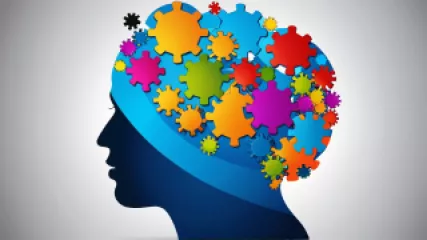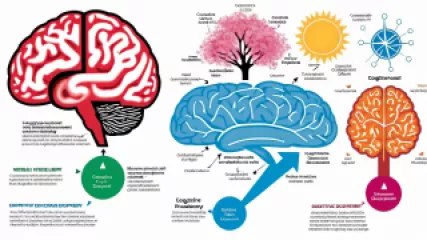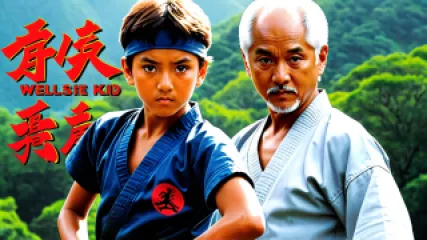Unlocking Your Cognitive Flexibility: Proven Exercises to Enhance Mental Agility
1 anno fa
Flessibilità Cognitiva
10 Surprising Ways Superstitions Affect Mental Health
1 anno fa
Psicologia dietro le Superstizioni
What Are the Best Ways to Get Professional Help for Panic Attacks?
1 anno fa
Attacchi di Panico
Exploring the Foundations of Cognitive Development
1 anno fa
Sviluppo Cognitivo
Decoding Nonverbal Cues: An Interview with a Body Language Expert
1 anno fa
Nozioni di Base del Linguaggio del Corpo
Exploring the Psychology Behind Superstitions: An Interview with a Clinical Psychologist
1 anno fa
Psicologia dietro le Superstizioni
The Importance of Developing Emotional Intimacy in Online Relationships
1 anno fa
Costruire Relazioni Sane
5 Wellness Lessons from 'The Karate Kid' You Can Apply Today
1 anno fa
Coaching per il Benessere
10 Best Psychology Practices for Sustainable Living
1 anno fa
Psicologia della Sostenibilità
Cultivating Healthy Relationships: An Effective Conflict Resolution Therapy Guide
1 anno fa
Costruire Relazioni Sane
Exploring Mutual Understanding: An Interview with a Relationship Expert
1 anno fa
Costruire Relazioni Sane
How Mental Resilience Helped Me Overcome My Superstitions
1 anno fa
Psicologia dietro le Superstizioni
How to Boost Your Emotional Well-Being with Wellness Coaching
1 anno fa
Coaching per il Benessere
Unraveling the Mysteries of Body Language Basics
1 anno fa
Nozioni di Base del Linguaggio del Corpo
Psychological Factors Influencing Sustainable Behavior
1 anno fa
Psicologia della Sostenibilità















